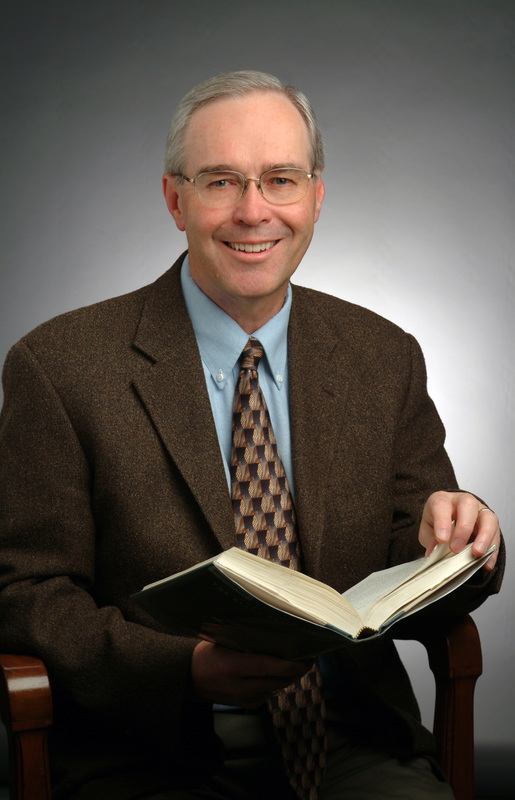What does vanity mean to you? Before I look it up in the dictionary, I think of conceit and self-indulgence. Isn’t a piece of furniture with a mirror called a vanity? Okay, Webster defines it as something vain, futile, idle, or worthless.
That Ecclesiastes appears immediately after Proverbs and that both were written by King Solomon is no coincidence. This was a man richly blessed by God with more wisdom than any man could claim, and riches and power that most of us cannot even imagine.
Yet Solomon, in his pursuit of wisdom, found only hebel. He searched in some very good places and some very bad places, and ultimately his choices led him to idolatry and destruction. Over the past few weeks, we have found Psalms to be your personal hymnal and Proverbs as your personal report card. Ecclesiastes could be your personal journey, if like Solomon you have no hope for a Savior.
What I love about Ecclesiastes is that it so closely parallels modern intellectuals who do not accept Jesus Christ as Lord and Savior. But before I sound too arrogant, it also closely parallels any of us when we seek riches and power over the sacrificial love of Jesus, which we all have done and continue to do from time to time as fallible human beings.
Solomon correctly concludes:
“Fear God and keep his commandments, for this is the whole duty of man” (12:13b, ESV).
Reading deeper, Ecclesiastes contains only the first six elements of the Cycle: commands, temptation, disobedience, disunity, warning, and judgment.
Solomon demonstrates personally that humankind is caught on a circular treadmill with no off ramp. The only hope is to return to the beginning of the Cycle and try again to obey God’s commands, and somehow reduce the horrors of inevitable judgment when life is finished.
Solomon says that life ends in “Sheol”, meaning “hell”. So consider this:
“Whatever your hand finds to do, do it with [all] your might, for there is no work or thought or knowledge or wisdom in Sheol, to which you are going” (9:10).
To Solomon, all people, good and bad, wise and foolish, are heading to the same place, no matter what wisdom they attain or evil they pursue. This is why he concludes that all life is vanity, chasing after the wind.
In only one verse does Solomon find an inkling of the Savior:
“The words of the wise are like goads, and like nails firmly fixed are the collected sayings; they are given by one Shepherd” (12:11).
Ultimately, the prophet Ezekiel defines that the one shepherd is not Solomon, the Preacher, but rather the son of David who was yet to come, Jesus Christ, the Messiah of Israel.
Want to dig out of the dredges of Ecclesiastes as I did after preparing this blog. Please go and read Ezekiel 37:24 – 28 right now and claim the joy that rises far above vanity to the touch of the Good Shepherd.
It is up to you and me to complete the Cycle, not get stuck in it, by choosing the final four stages provided by faith in Jesus: repentance, never-ending love of God, restoration, and perfect unity with God.
In this, there is no absence of hope or fear of Sheol.


 RSS Feed
RSS Feed